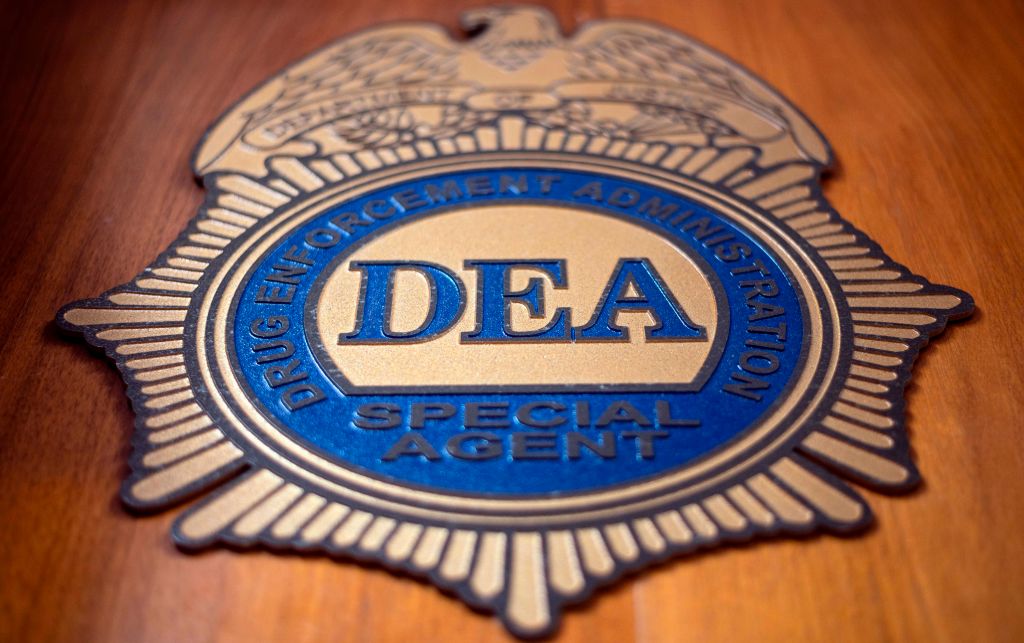Sentencing was postponed Monday for a Los Angeles woman who made at least $300,000 annually by operating an illegal, unregistered multi-million dollar money transmitting business that exchanged the digital currency Bitcoin for cash.
The case is considered the first of its kind in Southern California.
Theresa Tetley, 50, who operated under the name "Bitcoin Maven," previously pleaded guilty in downtown Los Angeles to federal charges of having operated a money transmission business that failed to comply with federal registration requirements and that she conducted a financial transaction involving proceeds of drug trafficking, according to the U.S. Attorney's Office.
Sentencing was scheduled for Monday, but postponed. No new date was immediately set.
The government is asking U.S. District Judge Manuel Real to impose a 30-month federal prison sentence, while Tetley's defense attorney is arguing for a year behind bars. Federal prosecutors also request an order of forfeiture for 40 Bitcoin, and $292,264 and 25 assorted gold bars seized by law enforcement on March 30.
Tetley's business "fueled a black-market financial system in the Central District of California that purposely and deliberately existed outside of the regulated bank industry," prosecutors wrote in court papers.
Between 2014 and 2017, Tetley used a listing on localbitcoins.com, an online marketplace similar to eBay or Craigslist, where visitors can buy and sell digital currency from others in their community.
U.S. & World
News from around the country and around the globe
Digital currency exists entirely on the internet and is not stored in any physical form. It is not issued by any government, bank, or company and is instead generated and controlled through computer software operating on a decentralized peer-to-peer network. While digital currency is not illegal in the United States and may be used for legitimate financial transactions, the "pseudonymous" nature of the currency is used for conducting illegal transactions, such as the sale of drugs.
The U.S. Attorney's Office contends that in the course of running her business, Tetley exchanged between $6 million and $9.5 million.



